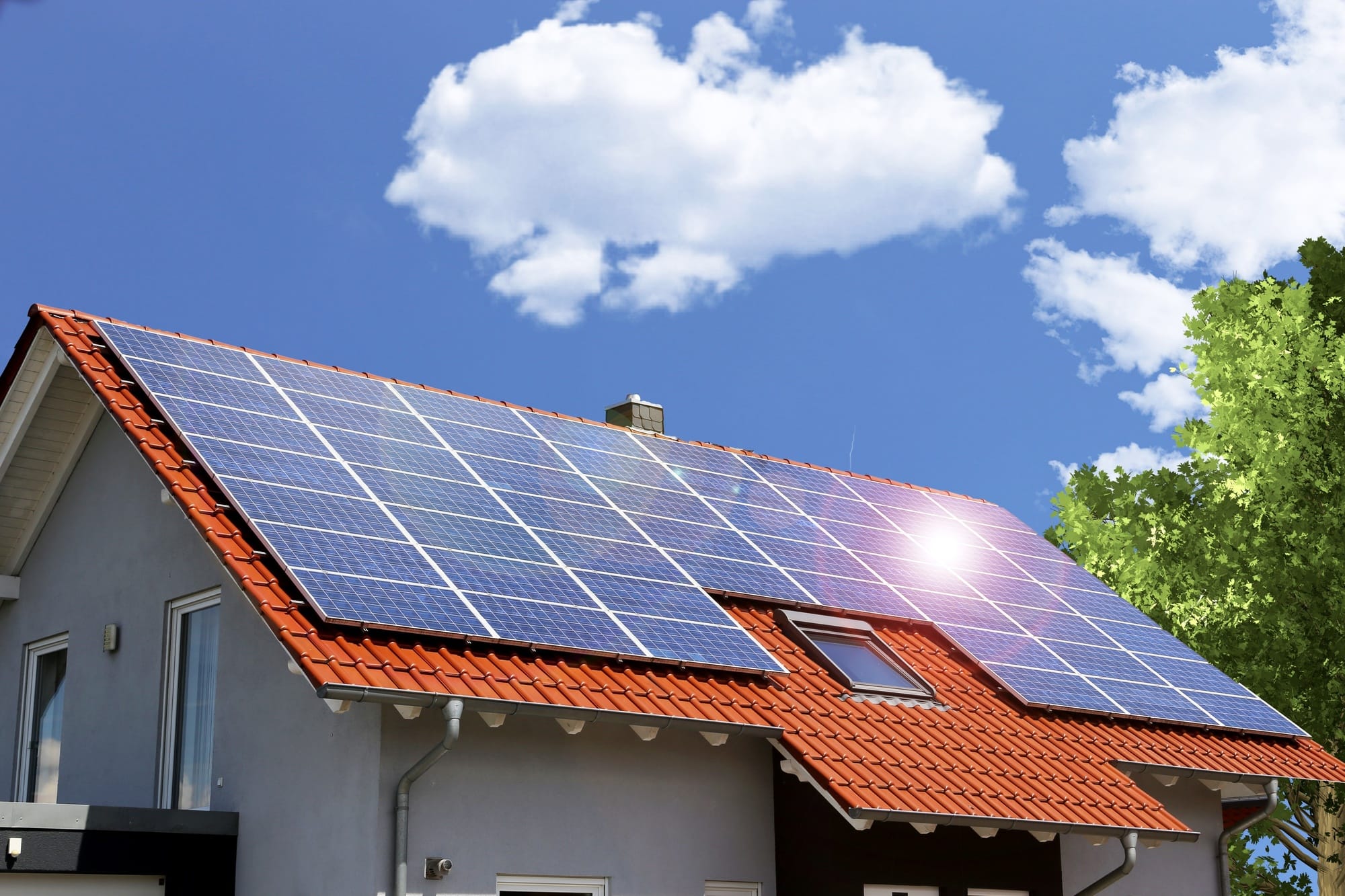One out of every 600 houses in the United States is installing solar panel systems every quarter. The most recently available statistics, for Q3 of 2021, show that 130,000 residential solar panel systems were installed, which was the first time that residential solar installations exceeded 1 GW.
If you are considering installing solar panels, there are a number of things that you should know from the outset. In this blog post, we will highlight 5 things that you should consider when making the switch to the clean, renewable, and infinite energy source that is solar energy.
1. Is Your House Suitable for Solar?
For most homeowners, the best place to install solar panels is on the roof. Here, the panels will be free from shading and obstructions. The most optimal place to install solar panels in the US is on the south-facing side of a roof, as this will result in maximum output.
If your roof isn’t an option, you may consider installing ground-mounted or wall-mounted solar panels.
2. What Size System Should You Install?
This depends on a number of different factors. For example, the size of your property and its current energy consumption will play a role. The aim of solar panels is to drastically reduce or even wipe out your monthly electric bill, so your system should be sized accordingly.
Your property’s location and the amount of sunlight it receives will also determine the number of panels you should install.
3. Not All Solar Companies Are Created Equal
Before you choose a solar panel installer, it’s important to do your homework and choose a reputable and experienced company. We recommend that you choose an installer of Tier 1 solar systems, as these are the highest-quality and most efficient options on the market.
Also, be sure to ask solar providers near you about the types and length of warranty they provide with their equipment.
4. Solar Panels Are a Commitment
Homeowners who install solar panels on their properties can save tens of thousands of dollars over the 25-plus year lifespan on their systems. There is an upfront cost and it may take a number of years before this cost is ‘paid off’ through savings.
However, over the years the potential for saving is enormous and absolutely worth the initial cost of solar panels. The solar panel benefits in the long term are undeniable.
5. You Can Save on the Cost if You Act Now
The federal solar tax credit is a financial incentive designed to make switching to solar easier and more cost-effective for homeowners. Currently, the tax credit stands at 26%, though it is due to expire at the end of next year.
We recommend that you utilize the existing tax credit this year and reduce the upfront cost of installing solar panels.
What You Need to Know Before Installing Solar Panels
The above information will stand you in good stead when you are planning to install solar panels. This renewable energy source is a great way to make yours an environmentally friendly home.
Like this blog post on installing solar panels? Be sure to check out our other informative articles on a wide range of interesting topics.







